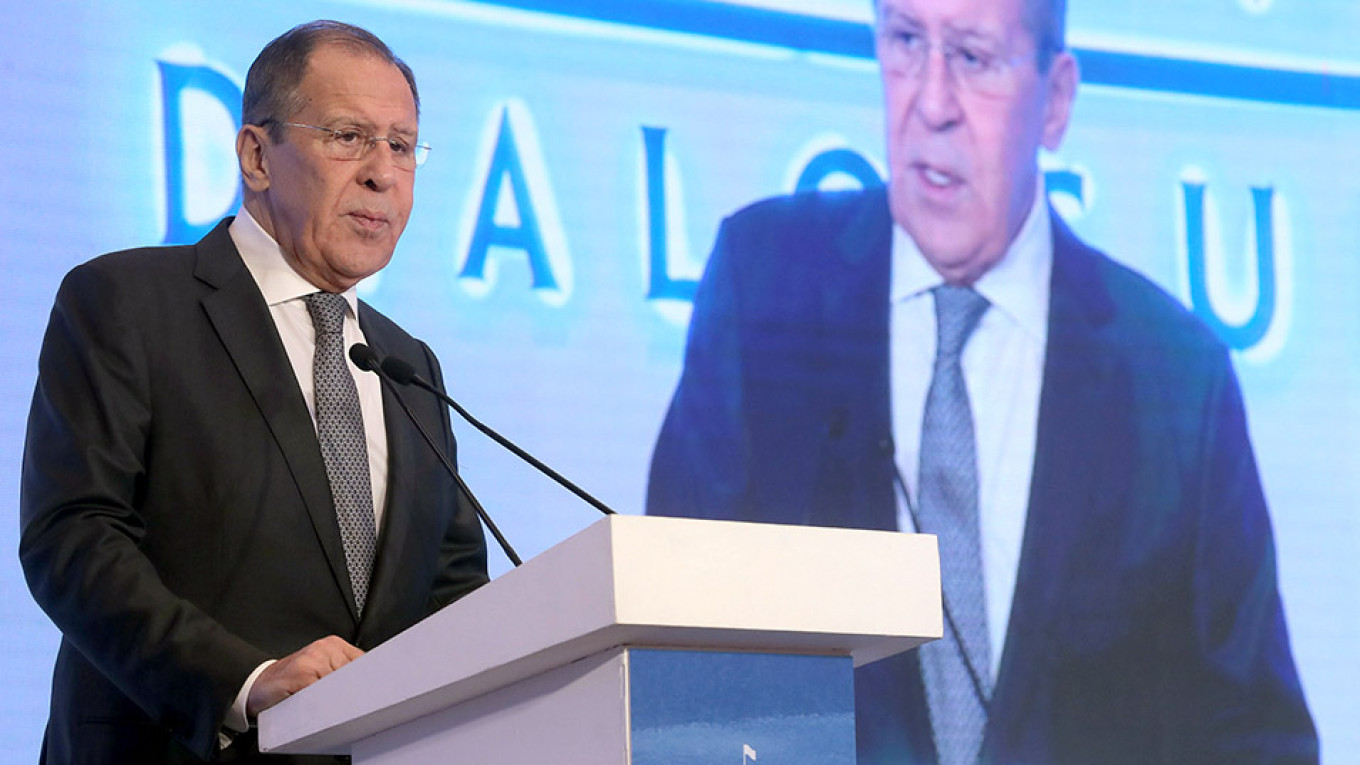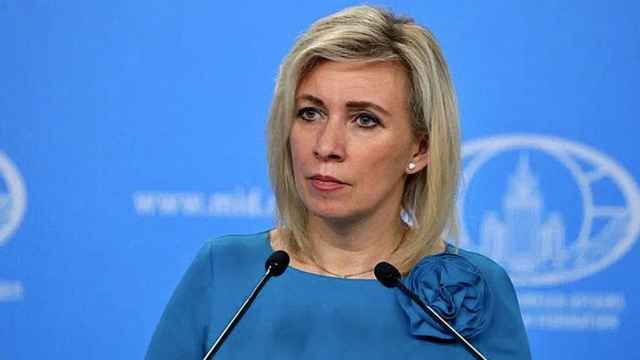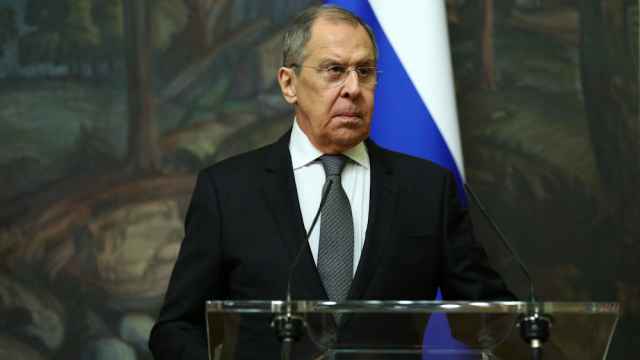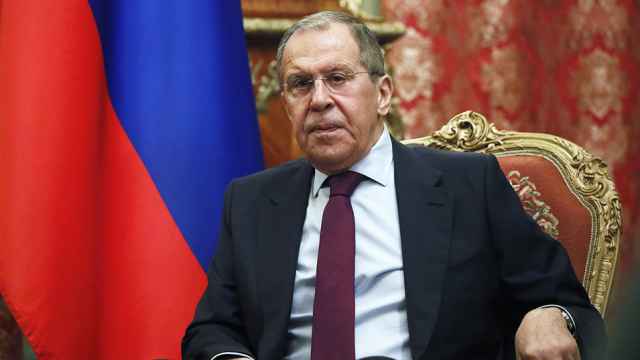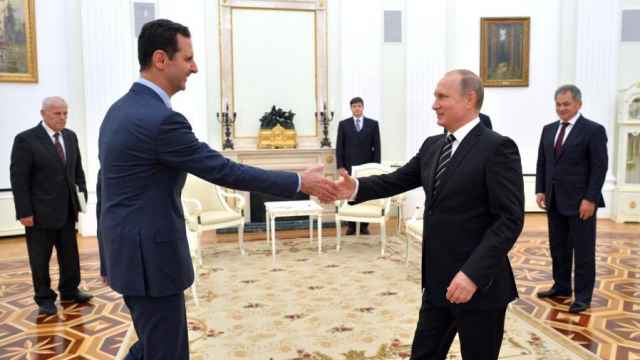Russia's Foreign Minister Sergey Lavrov said on Wednesday Moscow has been urging Gulf countries to consider a common security mechanism for the region and it was time the world got rid of unilateral measures such as sanctions.
"We have been suggesting to the Gulf countries to think about collective security mechanisms ... starting with confidence-building measures and inviting each other to military exercises," Lavrov told a security conference in Delhi.
Tensions in the Gulf have risen following the U.S. killing of Iranian military commander General Qassem Soleimani and a retaliatory missile attack by Iran on U.S. forces in Iraq.
"Since I mentioned about Persian Gulf, we are very much concerned about what is going on there," Lavrov said.
Iran's Foreign Minister Mohammad Javad Zarif is also attending the conference in Delhi that comes just a day after Britain, France and Germany formally accused Iran of violating the terms of its 2015 agreement to curb its nuclear program, which eventually could lead to the reimposing of U.N. sanctions.
Iran's Fars news agency quoted Zarif as saying overnight that the use of the dispute mechanism was legally baseless and a strategic mistake.
Lavrov said unilateral sanctions were a problem in today's world.
"So the 21st century is the time when we must get rid of any methods of dealing in international relations which smack of colonial and neo-colonial times. And sanctions, unilaterally imposed sanctions, they are not going to work."
After pulling out of the Iran deal, the United States slapped sanctions back on Iran and has gradually increased its "maximum pressure" campaign targeting the Islamic Republic's revenues from oil, mining and other industries. British Prime Minister Boris Johnson called on Tuesday for U.S. President Donald Trump to replace the Iranian nuclear deal with his own new pact to ensure the Islamic Republic does not get an atomic weapon.
Trump said in a tweet he agreed with Johnson for a "Trump deal."
U.S. Deputy National Security Adviser Matthew Pottinger will also be addressing the Delhi meeting on Thursday.
A Message from The Moscow Times:
Dear readers,
We are facing unprecedented challenges. Russia's Prosecutor General's Office has designated The Moscow Times as an "undesirable" organization, criminalizing our work and putting our staff at risk of prosecution. This follows our earlier unjust labeling as a "foreign agent."
These actions are direct attempts to silence independent journalism in Russia. The authorities claim our work "discredits the decisions of the Russian leadership." We see things differently: we strive to provide accurate, unbiased reporting on Russia.
We, the journalists of The Moscow Times, refuse to be silenced. But to continue our work, we need your help.
Your support, no matter how small, makes a world of difference. If you can, please support us monthly starting from just $2. It's quick to set up, and every contribution makes a significant impact.
By supporting The Moscow Times, you're defending open, independent journalism in the face of repression. Thank you for standing with us.
Remind me later.


